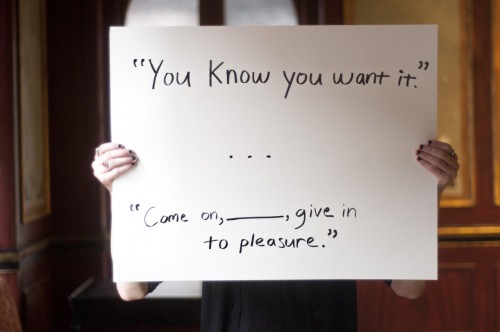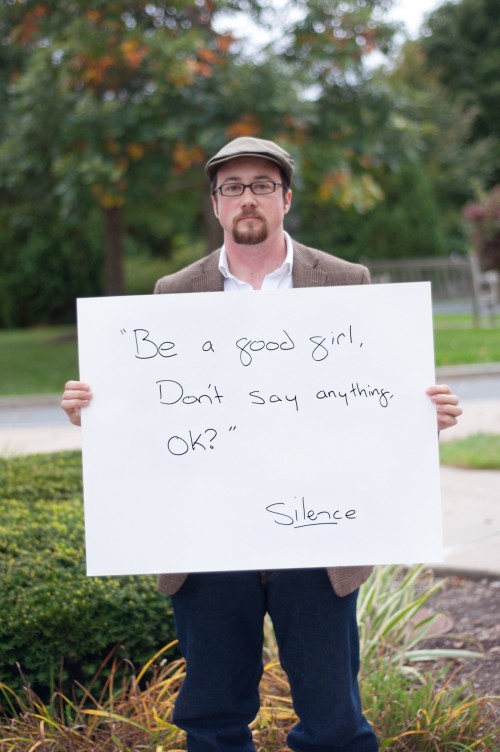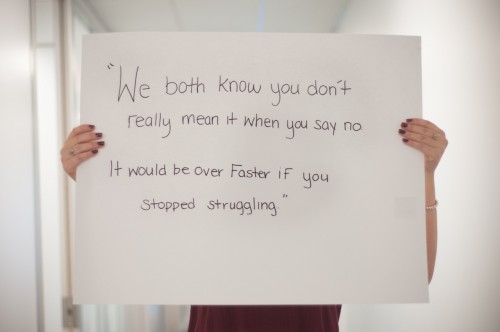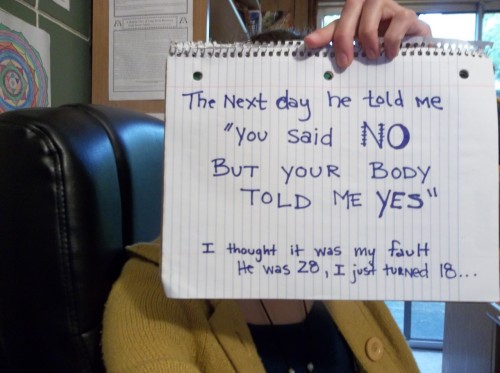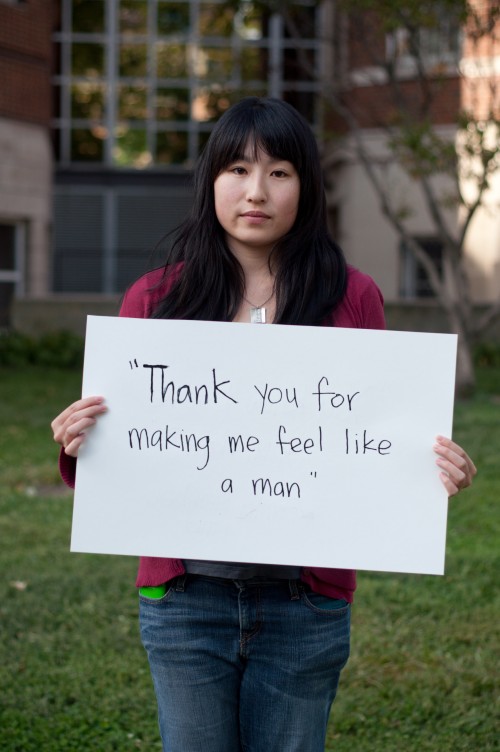A recent Guinness ad has been getting a lot of kudos and I want to join in the praise. It involves a set of guys who get together to play a pick-up game of wheelchair basketball and then join each other at a bar to celebrate the game. Lots of people have mentioned that it’s nice to see (1) a lack of objectification of women as a form of male bonding and (2) a nice representation of people with disabilities. Both of those things are great in my book.
But here’s another thing I really liked: their retreat to the bar and their formation once they got there. They sat in a circle.
Why is this neat? Because scholars have found that male and female friendships tend to be different. Male friendships tend to be more “shoulder-to-shoulder” than “face-to-face.” Men are more likely to get together and do stuff: they watch football together, go out and play pool, have poker nights, etc. Women are more likely to spend time just talking, confessing, disclosing, and being supportive of each other’s feelings.
The benefits of friendship are strongly related to self-disclosure. And so men’s friendships — if they don’t involve actual intimacy — often don’t offer the same boost to physical and well-being as women’s friendships. The fact that these guys sit down together at a bar, in a circle, in order to engage in some face-to-face time after their shoulder-to-shoulder time… well, that’s really nice to me.
Thanks to Rebecca H. for submitting the commercial!
Lisa Wade, PhD is an Associate Professor at Tulane University. She is the author of American Hookup, a book about college sexual culture; a textbook about gender; and a forthcoming introductory text: Terrible Magnificent Sociology. You can follow her on Twitter and Instagram.









